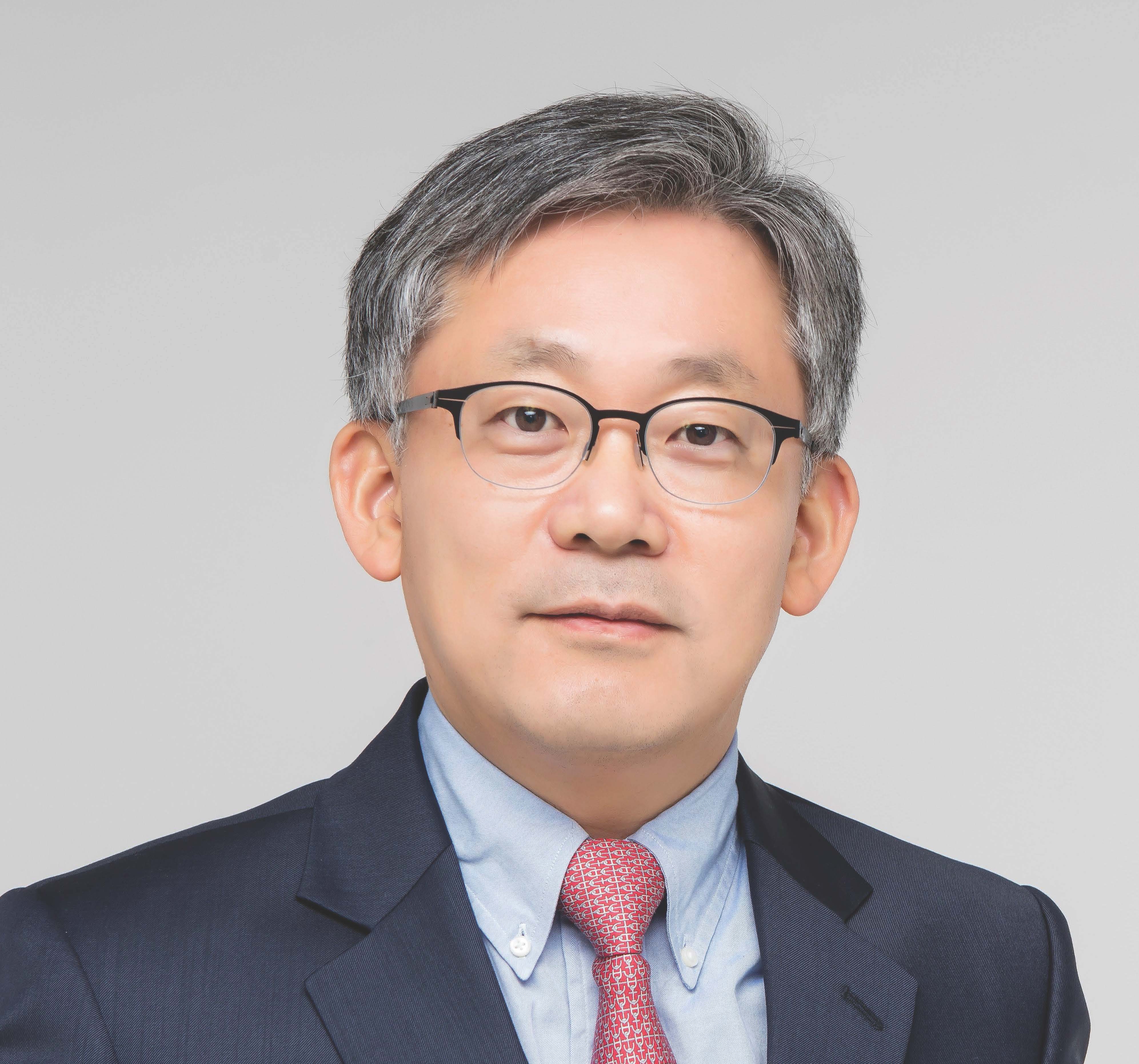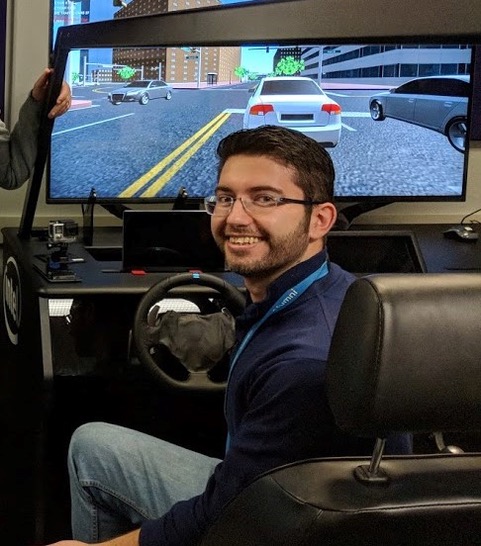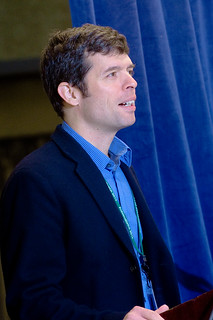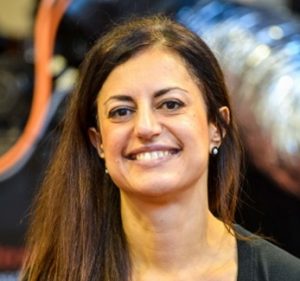Panels
PANEL 1: Global Perspectives
WHEN: MONDAY 23 SEPTEMBER 2019
Automotive industry research and development is taking place all over the world. Yet, the research that is presented at Auto-UI has so far mostly been from Europe and Northern America. In effect, our community is missing out on important trends and developments that happen in other countries and continents. Moreover, driving cultures and automotive customer expectations might be very different between countries. As the Auto-UI community is growing, a more global perspective is needed to aid the design and evaluation of (in-) car technology, technology use, and user experience. Moreover, such a platform can stimulate cross-nation collaboration.
The aim of this panel is to provide a platform to discuss these matters. Key researchers and practitioners from a variety of continents have been asked to discuss relevant topics, such as:
- What are hot topics in the Auto-UI domain in your country?
- What are important challenges? How can members from other countries contribute to this area?
- How is the research focus or context different in your country compared to for example Europe or North America?
Panel members:
Dr Ronald Schroeter completed his PhD at the Urban Informatics Research Lab, QUT, in 2012, during which he developed the award-winning “Discussions In Space,” a fun, fast-paced, short-text platform for public urban screens and mobile phones that facilitates public civic engagement, collective expression and public discourse among (particularly young) local citizens.
He is currently a Senior Research Fellow at the Centre for Accident Research and Road Safety – Queensland (CARRS-Q), QUT (Brisbane, Australia). His research focus is the design of innovative driving experiences that make transport by car or bike more fun and safe. This work allows him to embrace multidisciplinary research across HCI/HMI, psychology and road safety.
He has led and won several ARC competitive grants, including a prestigious Discovery Early Career Researcher Award (DECRA), an ARC Discovery on intention awareness in autonomous cars, and an ARC Linkage with industry partners where he explores using Augmented Reality to influence driver states. He currently leads all HMI related activities of the iMove project No:1-002 “Cooperative Intelligent Transport Systems (C-ITS) Pilot – Field Operational Test (FOT) and Evaluation”.
Yong Gu JI received his bachelor's degree and master's degree from Seoul National University and his Ph.D. in 2001 from Purdue University with Ergonomics and HCI. He has been engaged in research and education as a professor since 2002 and is currently at Yonsei University. Since 2002, he has been conducting various researches on Ergonomics and HCI. His research interests include driver behavior in autonomous vehicles, driver complexity in visual information and device control, and UX on the smart device.
Ignacio Alvarez is a Senior Research Scientist at the Autonomous Driving Research Lab in Intel Labs where he develops, Software, System Architectures and Simulation Tools to accelerate the adoption of safe automated driving technologies. Previous to Intel, Ignacio worked for 8 years at BMW leading R&D and product development for Advanced Driver Assistance Systems, Vehicle Telematics Services and User Interface Solutions in Europe, America and Asia. Ignacio received his International PhD in Computer Science from University of the Basque Country (Spain) and Clemson University (USA) in 2011, M.S. in Media Computer Science in Offenburg University (Germany) and B.S. in Communication Sciences from Burgos University (Spain). Ignacio’s research is focused on the development of intelligent connected automated vehicles that augment human mobility with safer and more enjoyable experiences.
The other panel members to be announced soon!
PANEL 2: Science and Society: How can governments, scientist, and industry prepare for the future?
When: Tuesday 24 September 2019
The automotive domain will experience many radical changes over the coming years, such as the introduction of semi-automated vehicles, mobility as a service, and the development of smart cities. These and other changes will affect human-car interaction dramatically. The implications on for example legislation and road design are substantial. Unfortunately, the discussions (and actions) with respect to these themes are slower than technological progress. Therefore, this year Auto-UI provides a platform to discuss how governments, together with industry and academia, prepare themselves for current and future developments in the Auto-UI field. The panel will consist of members from government, industry, and academia and will provide and discuss together and with the audience their perspectives on Auto-UI research.
Example questions and themes that will be discussed are:
- How should governments best prepare for current and future developments in Auto-UI?
- What should the driver’s license of the future be like?
- What is (or should be) the role of road authorities in the future?
- What degree of regulation is needed? Or should the market regulate itself?
- What is the role of “smart cities” and other tech developments such as “mobility as a service?”
- How to balance competitive demands, such as personal mobility, transportation speed and services, and environmental impact?
Panel members:
She was a member of several committees supporting the SHRP2 Naturalistic Driving program, including the Technical Coordinating Committee, and she continues her involvement as a member of the Data Oversight Committee for SHRP 2 Data. She is also a member of the coordination committee for the Canadian Naturalistic Driving Study. She is an active member of a number of TRB Committees. Joanne is an adjunct research professor in the Psychology Department at Carleton University in Ottawa Canada, and is an associate member of that university’s Centre for Applied Cognitive Research. She has a Ph.D in Cognitive Psychology and, prior to joining Transport Canada, was an international research fellow in Cognitive Neuroscience at the National Institutes of Health in the USA.
Serge van Dam is principal advisor on traffic management for the Dutch national road authority. His main focus is preparing the national road network for the deployment of automated and connected mobility. He is co-chairing the CEDR working group on connecting and automated driving and is highly involved in national and European policy-making.








